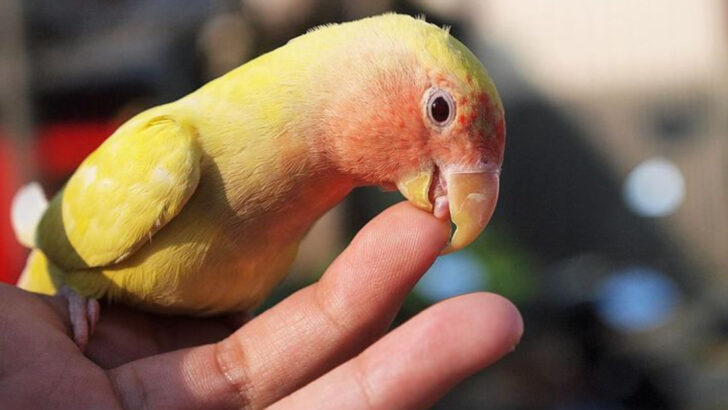Parrots aren’t just pets. They’re feathered chaos with a beak.
Sure, they’re colorful. Sure, they can talk. But beneath that playful exterior is a whirlwind of drama, demands, and decibels.
They’ll scream at sunrise, shred your furniture by noon, and throw a tantrum if their fruit isn’t perfectly chopped. Think you’re adopting a bird? You’re actually signing up for a tiny, winged diva with trust issues and a grudge.
But for those brave enough to take the plunge, the rewards can be just as big as the challenges. Let’s break down exactly why parrots are not for the faint of heart—and why they might be the most high-maintenance companion you’ll ever love.
Dietary Complexity
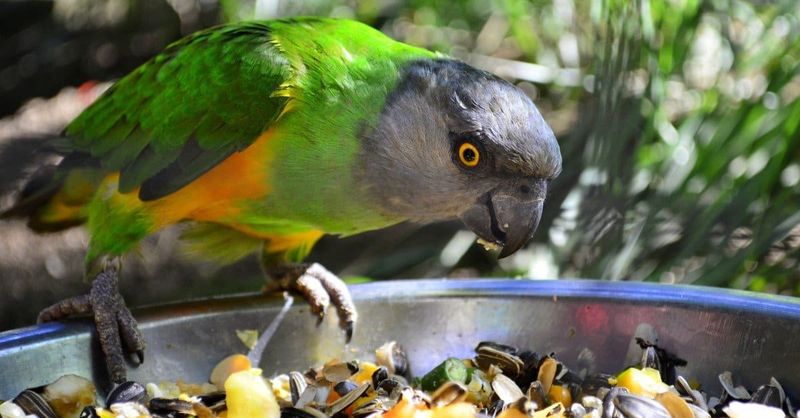
Feeding a parrot is not as simple as filling a bowl with birdseed. These feathered friends require a varied diet of fruits, vegetables, nuts, and specialized pellets to meet their nutritional needs. Poor nutrition can lead to severe health issues, making it crucial to provide a balanced diet. Imagine crafting a new menu daily, ensuring every meal is a culinary delight for your feathery companion. It’s like running a gourmet restaurant for a picky eater, where every dish needs to be perfect. Keeping a parrot healthy is a daily challenge that demands knowledge and commitment.
Social Interaction Demand
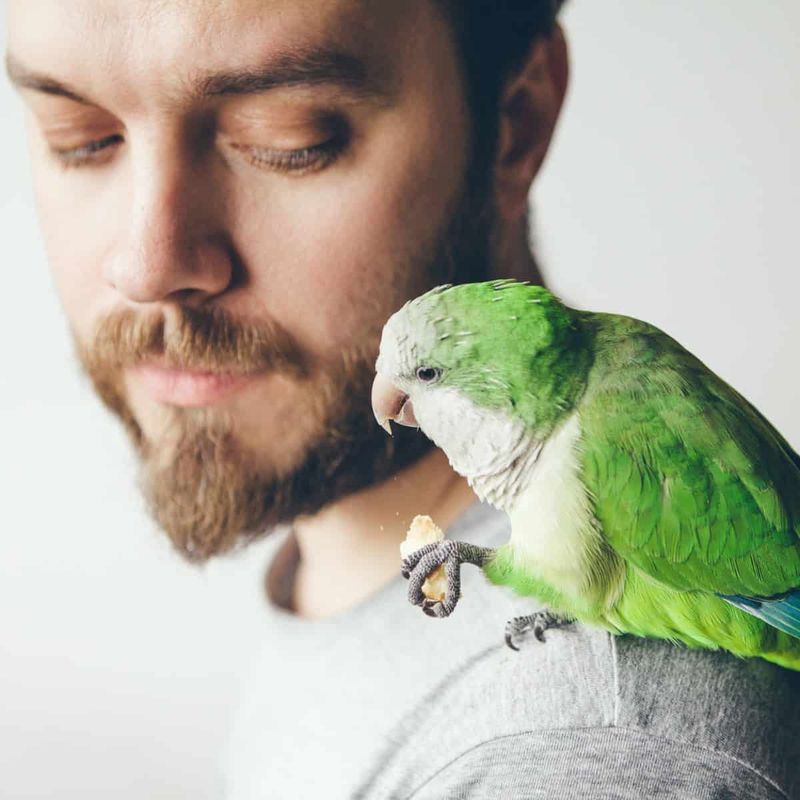
Parrots are social creatures that thrive on interaction, often equating companionship with survival. Left alone, they can become lonely and depressed. It’s akin to having a small child who needs constant attention and engagement. Regular interaction involves talking, playing, and even teaching them tricks to keep their minds stimulated. This social requirement makes owning a parrot a full-time job. Their vocal nature demands inclusion in family activities, ensuring they feel part of the flock. For those who cherish peace and quiet, a parrot’s social needs can be overwhelming.
Intelligence and Enrichment
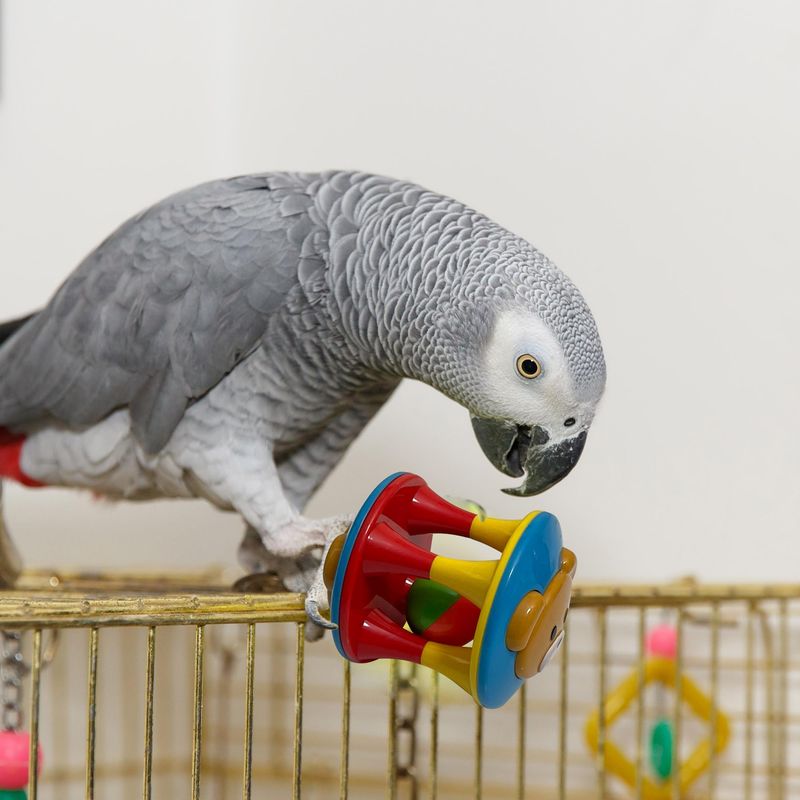
Parrots are incredibly intelligent, and their need for mental stimulation is paramount. Without enrichment, they can become bored and develop destructive behaviors. Offering a variety of toys, puzzles, and interactive activities is key to keeping them entertained. Consider it akin to providing a child with an endless supply of engaging books and games. Their sharp minds need regular challenges. Owners must be creative, consistently introducing new activities to spark curiosity and prevent monotony. The level of dedication required to meet a parrot’s intellectual needs is extraordinarily high.
Vocalization and Noise
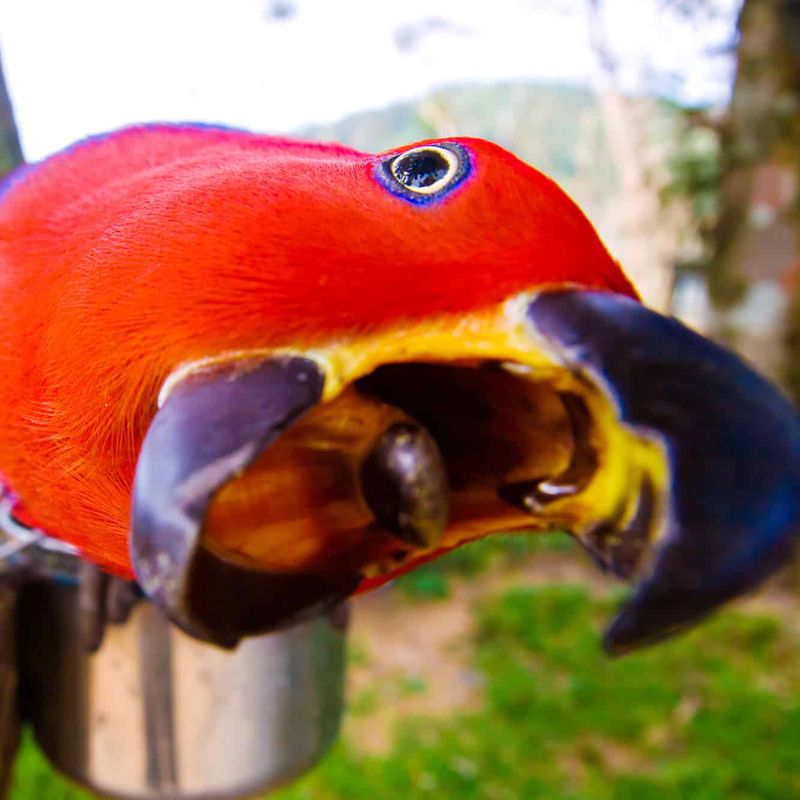
Parrots are not known for being quiet pets. They love to vocalize, and their range can be startlingly loud. From cheerful whistles to ear-piercing shrieks, they express emotions vocally. Owning a parrot means adapting to a noisy environment where silence is rare. It’s like living with a toddler who loves to test their vocal skills. Understanding and responding to their diverse sounds require patience and a willingness to embrace a lively auditory space. This constant symphony of sounds can be a challenge for those who prefer a tranquil home.
Long Lifespan Commitment
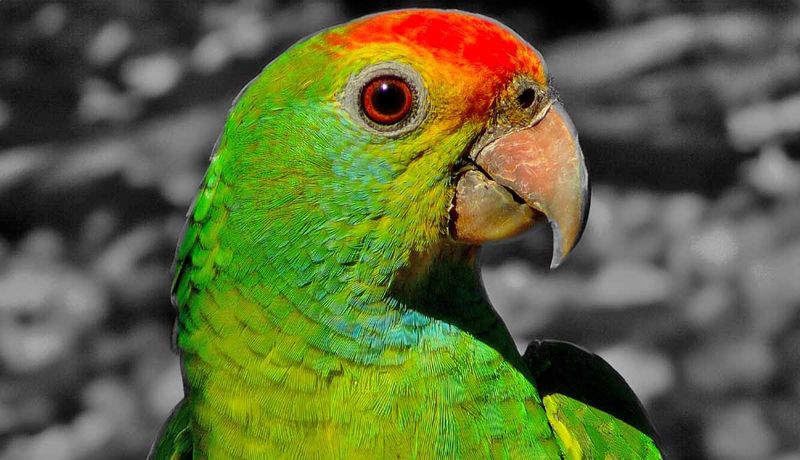
Parrots are long-lived, some species reaching 50 years or more. Adopting one is a lifelong commitment, often transcending decades. Imagine planning your life around a pet that could outlive you. This longevity requires planning for their care throughout different life stages, ensuring they remain healthy and happy. The bond formed is deep and enduring, making them lifelong companions. However, the commitment to their welfare is immense, demanding foresight and dedication. For those unprepared for such a long-term relationship, a parrot’s lifespan can be quite daunting.
Space and Environment Needs
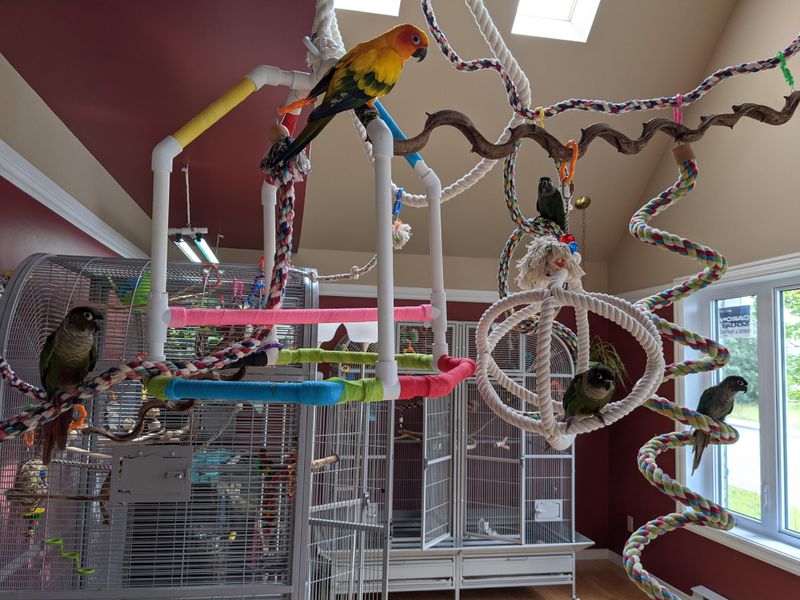
Parrots require more than just a cage; they need an enriching environment that includes ample space to move, explore, and fly. Picture setting up a miniature jungle gym, complete with swings and climbing frames. The environment must mimic their natural habitat to some extent, promoting physical and mental health. It’s not just about size but also the quality of the space. Ensuring they have a stimulating area to thrive in takes creativity and effort. For apartment dwellers or those with limited space, meeting these environmental demands can be challenging.
Health and Veterinary Care
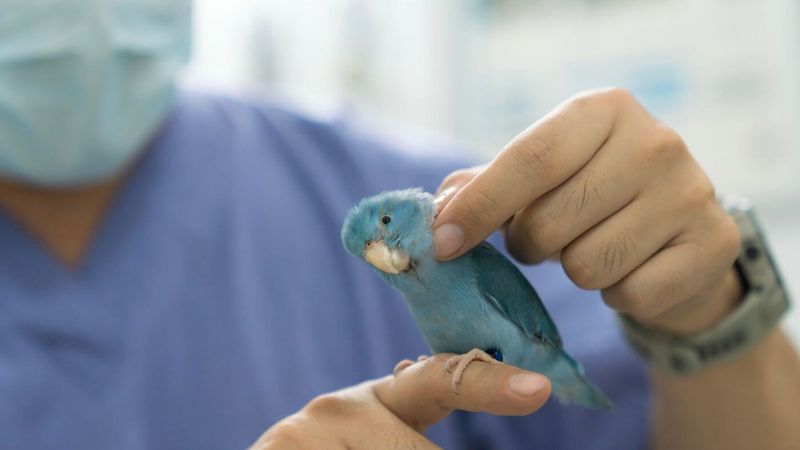
Parrots require specialized veterinary care, often needing an avian vet rather than a standard pet doctor. Regular check-ups, vaccinations, and emergency care are crucial. It’s akin to ensuring healthcare for a family member with unique medical needs. Owners must be vigilant, observing any signs of illness which can be subtle. This dedication to their health involves both time and financial investment. Finding a qualified avian vet can be challenging but is essential for their wellbeing. The complexities of avian health care make parrots a demanding commitment.
Behavioral Challenges
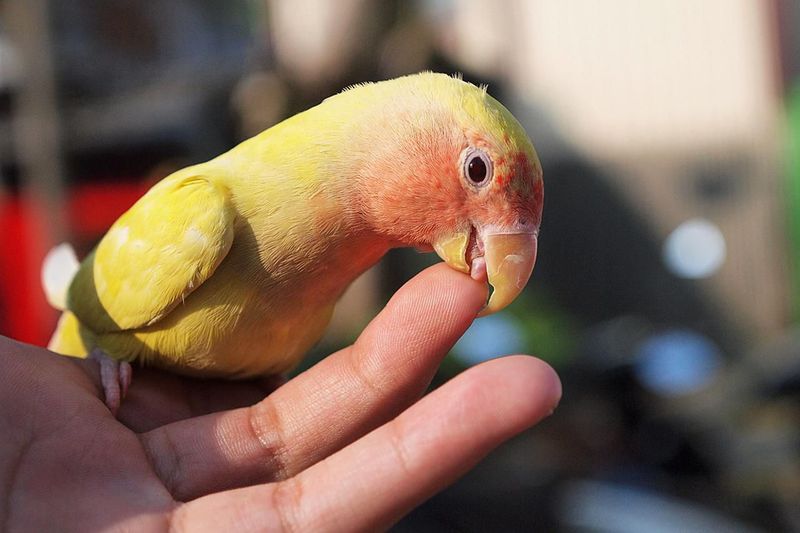
Parrots can present unique behavioral challenges such as feather plucking, biting, or aggressive tendencies. Addressing these issues requires patience and understanding, often involving behavior modification techniques. Imagine dealing with a teenager going through a rebellious phase, where communication is key. Identifying triggers and providing positive reinforcement can mitigate these behaviors. Training a parrot demands consistency and empathy. The emotional investment in modifying their behavior is significant, requiring perseverance and love. For those unprepared, these challenges can be overwhelming.
Molting and Feather Care
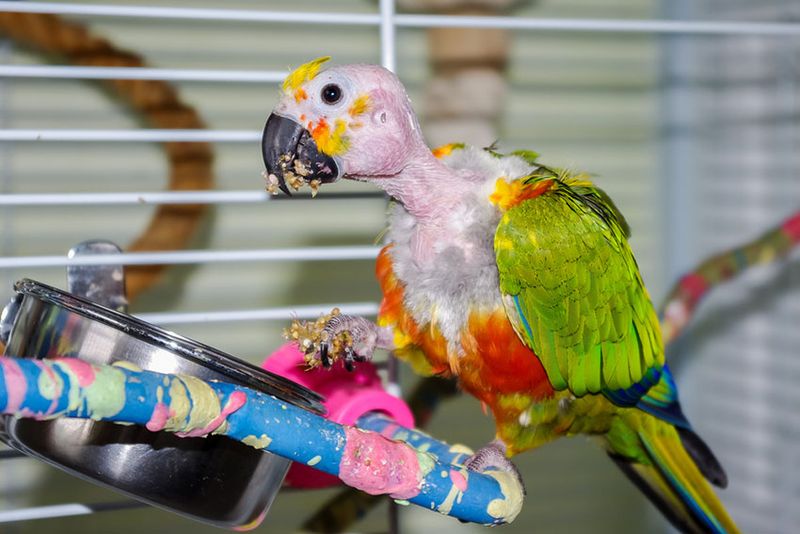
Molting is a natural process where parrots shed old feathers and grow new ones. This period can be uncomfortable for them and messy for the owner. It’s like cleaning up after a pillow fight gone wild. Regular grooming and bathing are essential to assist in feather care. Owners must manage increased dust and dander, which can affect household cleanliness. Understanding the molting cycle and providing the necessary care is crucial. For allergy sufferers or those who prefer tidy homes, a parrot’s molting phase can be particularly challenging to manage.
Nutritional Supplements
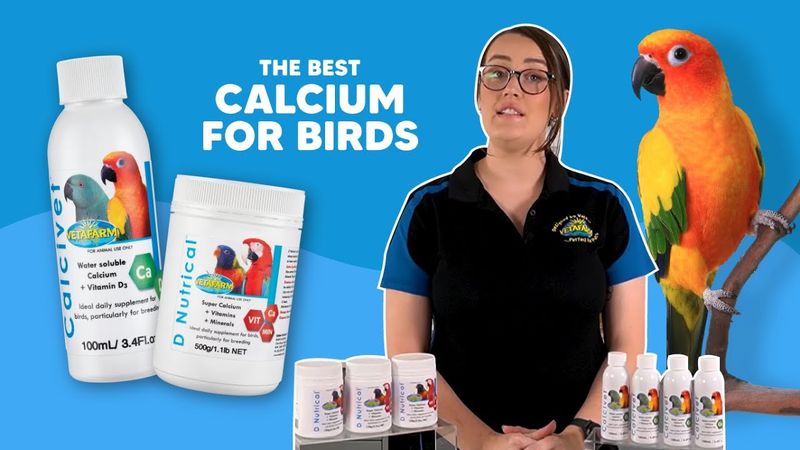
Beyond a balanced diet, parrots may require additional supplements and vitamins to maintain optimal health. It’s similar to ensuring a human has all their vitamins and minerals, tailored to their specific needs. Owners must be informed about which supplements are beneficial and how to administer them. This additional layer of nutritional care demands diligence and a willingness to learn. Providing the correct supplements can prevent health issues and enhance their quality of life. For those unaccustomed to such detailed dietary requirements, this can be a complex task.
Time Investment and Attention
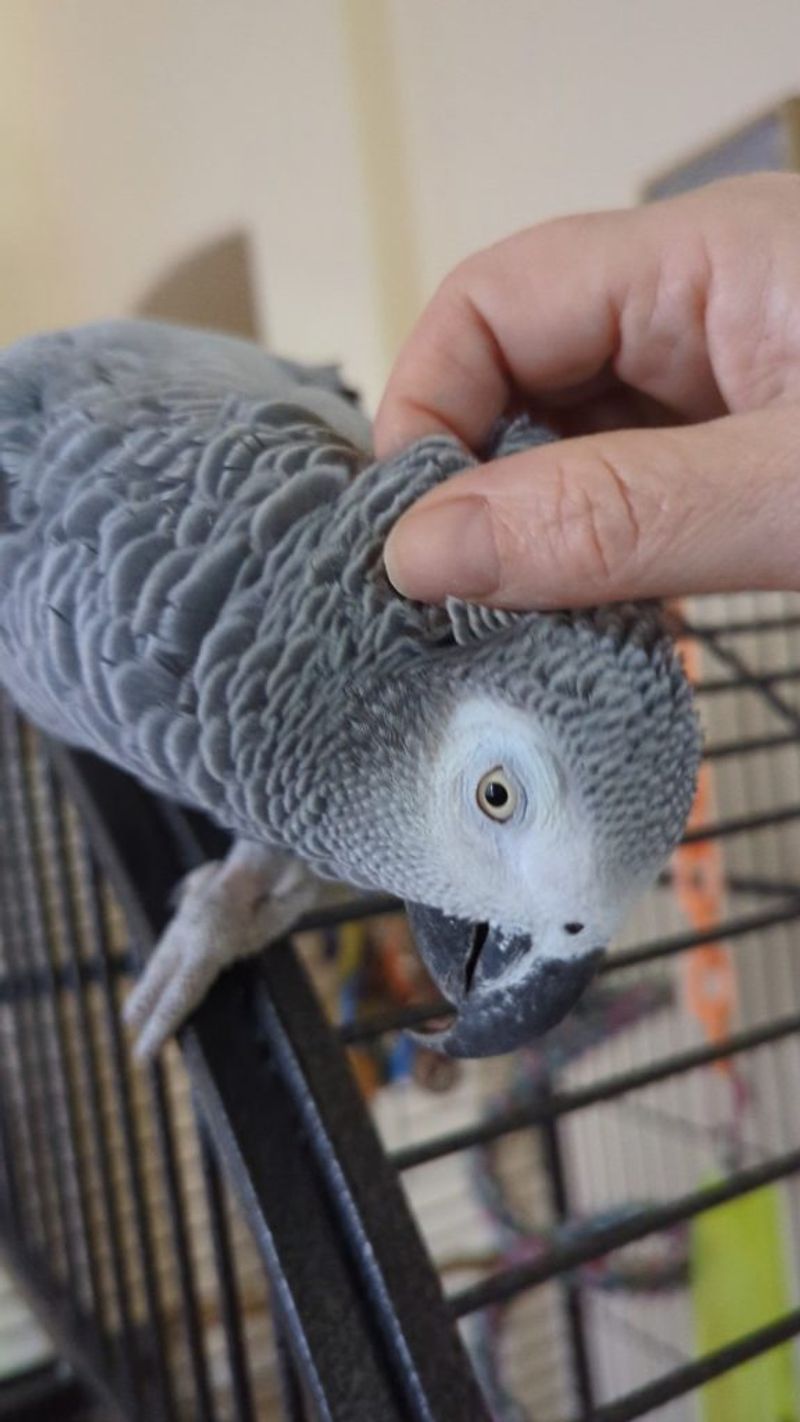
Owning a parrot is a significant time investment, where attention is a daily necessity. These birds thrive on companionship, requiring interaction beyond mere feeding. Picture spending hours engaging in activities that forge a strong bond. It’s like nurturing a friendship that demands constant attention. Owners must be willing to devote time to play, train, and communicate with their parrot. This level of attention ensures their emotional and physical wellbeing. For busy individuals with limited time, meeting a parrot’s needs can be a formidable challenge.
Unique Habits and Quirks
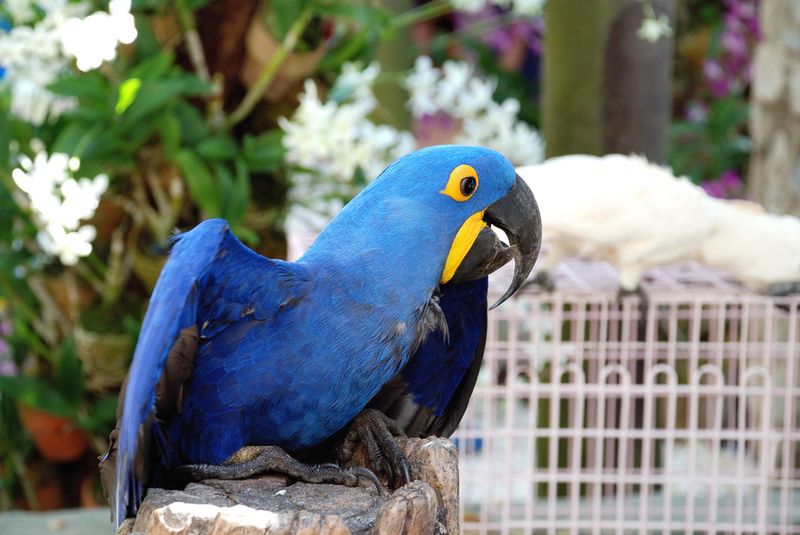
Parrots often develop quirky habits and individual personalities that can be endearing yet challenging. Some may mimic household sounds, while others develop a fondness for unusual playthings. It’s like living with a quirky roommate who never fails to surprise you. Embracing these habits involves understanding and adapting to their unique needs. Owners must appreciate these quirks as part of their charm, accommodating their unique behaviors. For those who enjoy predictability, a parrot’s ever-evolving personality can be quite a handful.
Loyalty and Bonding
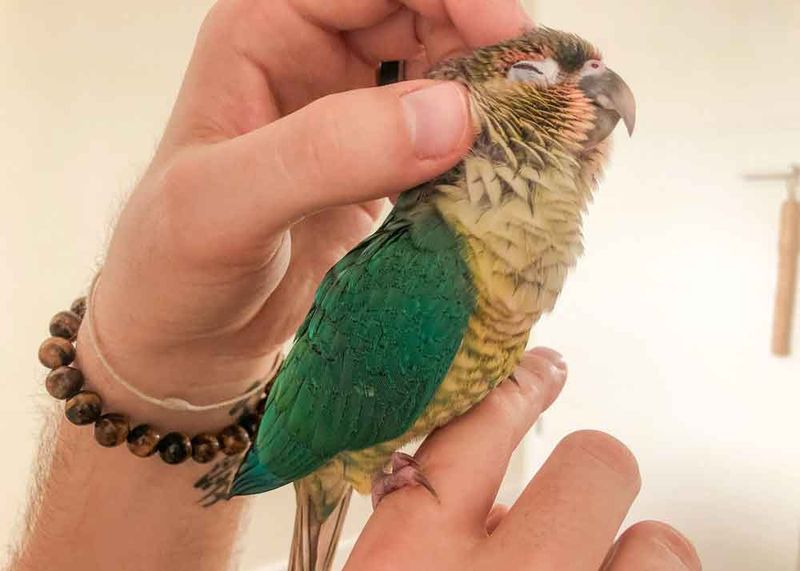
Parrots form deep bonds with their owners, often choosing a favorite person. This loyalty is both a blessing and a challenge. Imagine having a devoted friend who craves your presence and affection. This bond requires nurturing through consistent interaction and care. Owners must be committed to forging a lifelong relationship, understanding that this loyalty demands reciprocity. The emotional depth of a parrot’s affection can be profoundly rewarding, yet it requires dedication. For those unprepared for such intense attachment, a parrot’s loyalty might feel overwhelming.

